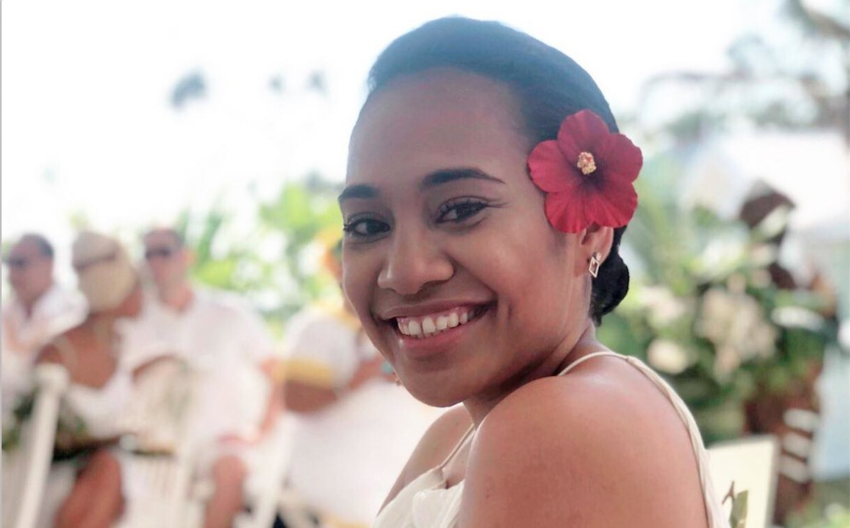Health disparities in Samoa drove me to become a doctor

Twenty-eight-year-old Mosana Evagelia grew up in Samoa and recalls her experience volunteering in the hospitals that peaked her interest in a career in medicine.
“I would have been16-years-old at the time and I volunteered in our local hospital during the holidays. I remember realising that most of the doctors working there weren’t even Samoan, they were American or Filipino. I would usually have to translate between the doctors and patients.”

Evagelia says she witnessed a lot of health disparities in children and when her younger sister got sick with rheumatic fever which progressed as rheumatic heart disease she knew a career in medicine would allow her to work and improve health care for Pacific people. Before coming to New Zealand, Evagelia completed a degree in Cellular and Molecular Biology at the Chaminade University of Honolulu. However, given the expense of education in the USA she decided to further her study and pursue her dream in New Zealand.
In 2019, Evagelia was a recipient of the Pasifika Medical Association’s Papali’i Dr Semisi Ma’ia’i University of Otago Scholarship. Worth $5,000 per recipient and awarded to a Pacific male and female student in their fifth year of studying a Bachelor of Medicine and a Bachelor of Surgery (MBChB) at the University of Otago School of Medicine.

The scholarship has since helped Evagelia cover the costs from relocating from Christchurch to work as a first-year health officer at Middlemore Hospital.
It also covered financial costs that allowed her to complete her elective working in hospitals in Samoa. She was also able to fly her parents from Samoa to New Zealand for her graduation.
“I’m still deciding what to specialise in. I like general medicine but I also have a very special interest in public health as well. From working in the hospital, you see a lot things that can be done in terms of preventative medicine in the community. I would really like to work in areas that prevent health conditions happening rather than working down-stream and having to fix health conditions that could have been avoided.”

She encourages other Pasifika to persevere in their studies in medicine despite the many prejudices they may face on their journey.
“The journey is hard, it’s tough and it’s very challenging. It’s important to remember and know your why and that should motivate you regardless of what negative noise surrounds you.”

.
The late Papali’i Dr Semisi Ma’ia’i was the only Samoan practitioner working in Auckland in the 1970’s. Many Samoan patients came from far and wide to be treated by him as many did not speak English or understand the medical terms used by doctors. He is remembered as using medicine and the Samoan language to change lives.
He studied at the Fiji Medical School in 1947 and worked as a doctor in Samoa for three years until he received a bursary at age 26 to move to New Zealand. He had to retrain as a doctor at the Otago Medical School and graduated in 1962. In 2011, Dr Ma’ia’i was made a Companion of the New Zealand Order of Merit for services to the Samoan community. He’s authored several publications in his life time including the first ever bilingual Samoan-English dictionary: Tusi’upu Sāmoan. He wrote a bilingual Samoan-English medical dictionary, and an autobiography: Samoan Odyssey: A Life Story.
All 2020 PMA scholarships are now open and applications close on Friday 3 July 2020.
Please see the link to apply: http://pacifichealth.org.nz/2020-scholarships/
